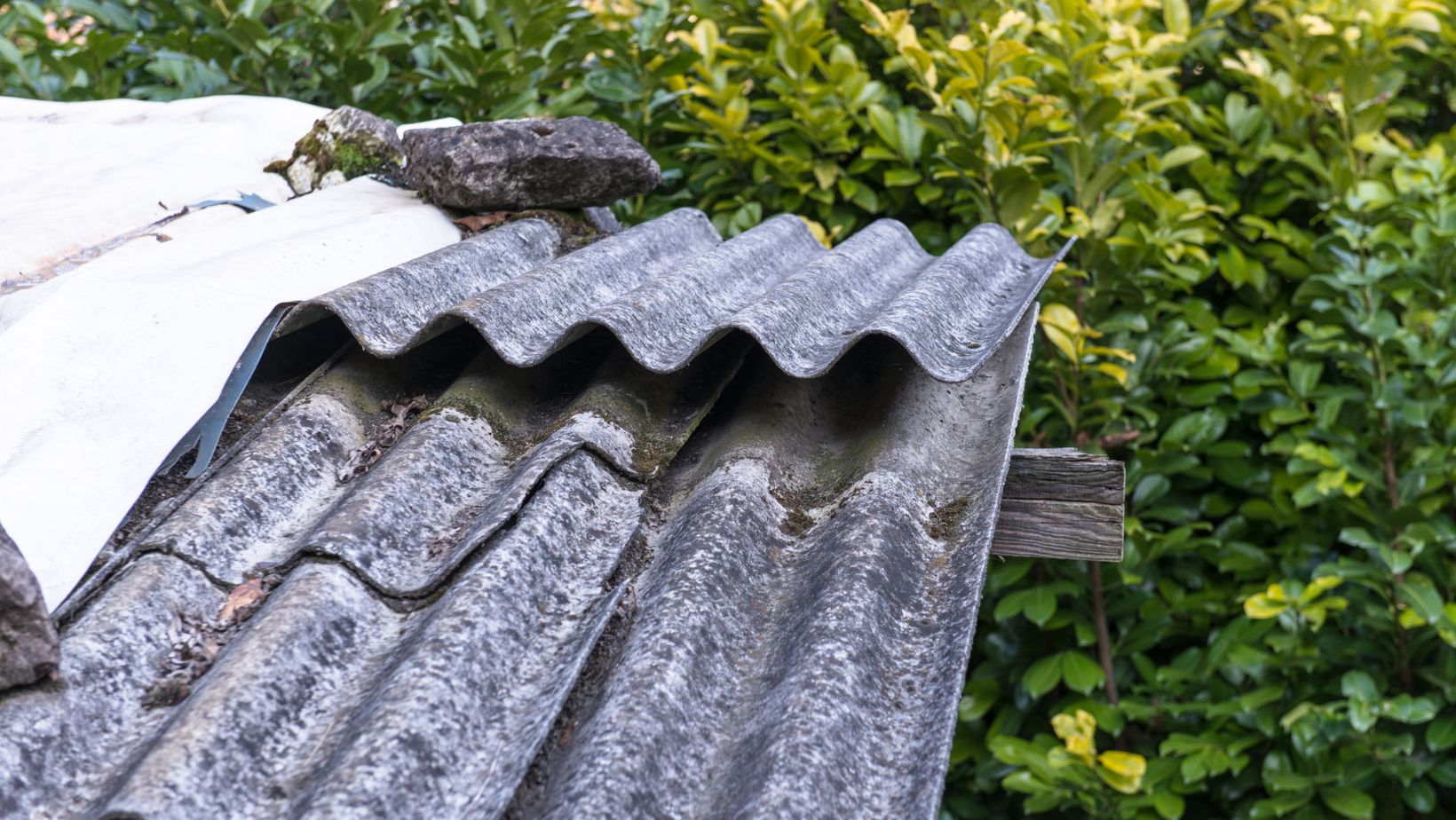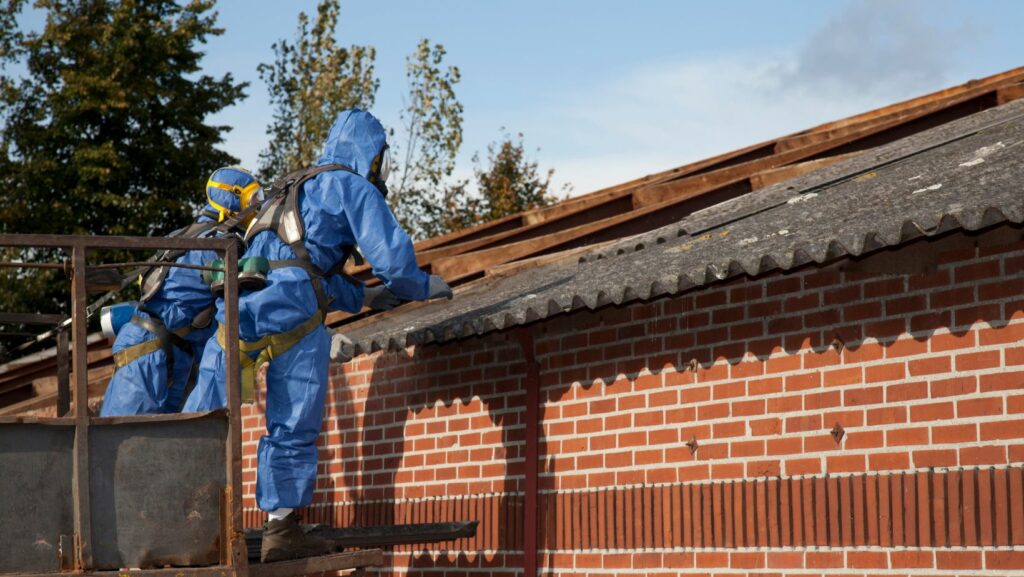Asbestos was once considered a strong and versatile construction material, but today it’s recognized as a dangerous health hazard. Exposure to asbestos fibers can cause serious illnesses like mesothelioma and lung disease, which is why federal, state, and local regulations now tightly control its use.
For Florida property owners, buyers, contractors, and businesses, one of the most important tools for managing asbestos risk is an asbestos report. But when is it required, and when is it simply recommended?
What Is an Asbestos Report?
An asbestos report is an official document prepared by a licensed professional after inspecting a property. If needed, the inspector will also collect samples for certified laboratory testing.
The report details:
- Whether asbestos-containing materials (ACMs) are present
- The exact locations of ACMs in the property
- The condition of those materials
- The level of risk involved
Since asbestos isn’t easy to identify by sight, professional testing is the only reliable way to know. In Florida, older homes and buildings (especially those built before the late 1980s) may still contain asbestos in:
- Roofing shingles and underlayment
- Insulation (including attic and pipe insulation)
- Vinyl flooring and ceiling tiles
- Cement siding and wallboards
- HVAC duct insulation
Do Florida Homeowners Need an Asbestos Report?
If you own or plan to purchase a Florida home built before 1989, asbestos could still be in the structure. While homeowners aren’t always legally required to obtain a report, it is highly recommended when:
- Planning renovations, extensions, or demolitions
- Buying or selling an older property
- Protecting family members from possible exposure
For example, if you’re remodeling a home in Tampa, getting Asbestos testing Tampa can help you avoid unexpected costs for removal and ensure your renovation is safe.
Do Florida Businesses Need an Asbestos Report?
For commercial buildings, the requirements are stricter. Florida businesses and landlords may have legal obligations under OSHA and EPA regulations to manage asbestos risks.
If your property was built before the 1990s, you may need:
- A professional asbestos inspection
- A written asbestos management plan
- Documentation for workplace safety compliance
Failing to comply can result in serious fines, liability issues, and health risks for employees or tenants. Many Florida commercial property owners schedule inspections proactively to avoid violations and lawsuits.
For more details on business requirements, see this guide on a commercial property asbestos report.
When Are Asbestos Reports Required in Florida?
The need for an asbestos report depends on the situation:
Renovation or Remodeling
Florida law often requires asbestos inspections before issuing permits for remodeling projects. A refurbishment asbestos survey ensures no hidden ACMs are disturbed.
 Demolition
Demolition
Demolition projects require a comprehensive asbestos survey under EPA’s National Emission Standards for Hazardous Air Pollutants (NESHAP). Florida counties enforce this rule strictly to protect both workers and the public.
Real Estate Transactions
While not always required by law, buyers and sellers often request asbestos reports during property sales. Having one can prevent deals from falling through or unexpected costs after closing.
Workplace Compliance
If you own or manage rental or commercial properties, Florida workplace safety regulations may require asbestos risk assessments and ongoing monitoring.
Final Thoughts
So, do you need an asbestos report in Florida?
In many cases, the answer is yes—especially if you’re renovating, demolishing, selling, or managing an older property. Even if not legally required, an asbestos report provides peace of mind, ensures compliance, and helps protect the health of everyone who enters the property.
If you’re a Florida homeowner or business owner considering renovations or property transactions, investing in asbestos testing now can save you from costly surprises later.
